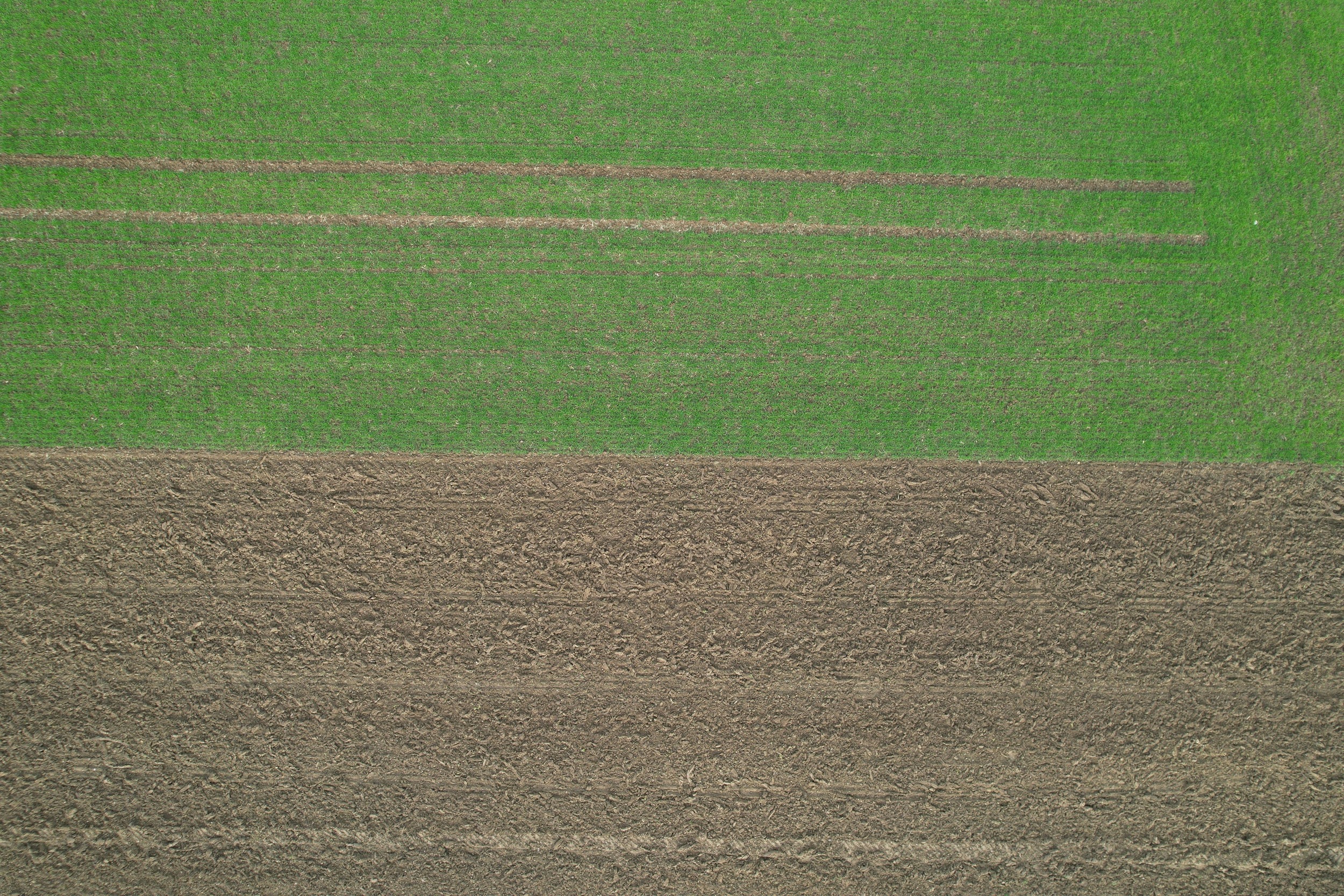Key Takeaways:
- Conservation Innovation Fund launches the second round of farm enrollment for its Climate-Smart Commodities Market Program, supported by a $25 million USDA investment.
- The Program helps small and underserved farms along the Eastern Seaboard adopt climate-smart practices to meet food companies' Scope 3 emissions reduction goals.
- The Program focuses on sustainable practices such as cover crops, no-till, rotational grazing, and nutrient management, offering farms upfront financing and long-term contracts for climate assets.
- The second round of enrollment is open until December 13, 2024, with third-party verification of GHG reductions from the first round expected in early 2025.
- Collaborative partnerships with local conservation organizations and food companies drive the Program's success.
Expanding Climate-Smart Agriculture
The Conservation Innovation Fund has announced the second round of farm enrollment for its Climate-Smart Commodities Market Program, an initiative designed to support small and underserved farms in adopting sustainable practices that contribute to corporate sustainability goals. The Program, backed by a $25 million investment from the USDA’s Partnerships for Climate-Smart Commodities, helps farmers along the Eastern Seaboard implement practices that generate measurable reductions in greenhouse gas (GHG) emissions.
By focusing on beef, dairy, and grain supply chains, the Program aims to facilitate the adoption of climate-smart practices, such as cover crops, no-till farming, rotational grazing, and nutrient management. These practices help farmers reduce their environmental impact while simultaneously meeting the sustainability requirements of food and beverage companies seeking to lower their Scope 3 emissions.
Bridging the Gap Between Farmers and Food Companies
Conservation Innovation Fund’s approach offers an innovative solution to market failures in environmental sustainability by providing upfront financing for long-term contracts related to climate assets. This financing model reduces the financial risk for farmers who are transitioning to climate-smart practices, while also ensuring that food companies can reliably source environmentally sustainable products to meet their GHG reduction and sustainability targets.
“The Climate-Smart Commodities Market Program demonstrates Conservation Innovation Fund’s continued leadership in building bridges between food companies and the farmers in their supply chains to drive sustained economic and environmental benefits,” said Morgan Maloney, Managing Director of Conservation Innovation Fund.
Verified Environmental Outcomes
One of the key benefits of the Program is that the GHG reductions resulting from the adoption of climate-smart practices are third-party verified and validated. These verified environmental outcomes not only support farmers in meeting corporate sustainability reporting requirements but also help companies demonstrate tangible progress in reducing their carbon footprint.
The GHG reductions from the Program’s first round of enrollment will be verified in early 2025, setting a standard for future participants.
Collaborative Partnerships Drive Success
The Climate-Smart Commodities Market Program is supported by a network of partnerships that includes:
- Alliance for the Chesapeake Bay
- Alliance for the Shenandoah Valley
- Ecosystem Services Market Consortium
- Lancaster Clean Water Partners
- Maola Local Dairies
- Stroud Water Research Center
These partnerships help ensure that enrolled farms, including women- and veteran-owned farms, small family-owned operations, and underserved producers, receive the resources and guidance necessary to adopt sustainable practices.
Empowering Farms and Supporting Sustainability Goals
Farmers who participated in the first round of the Program have already seen significant benefits. “The Climate-Smart Commodities Market Program provided our family farm with the vital resources and partnership we needed to improve our soil health,” said Merle Zimmerman, co-owner of Zimmerman’s HillTop Dairy in Pennsylvania.
For food companies, the Program represents a significant opportunity to reduce their Scope 3 emissions while also supporting the long-term sustainability of the farms in their supply chains. By offering upfront capital to farmers, the Program lowers the risks associated with transitioning to climate-smart practices and ensures that farms have the financial resources to succeed.
Enrollment Now Open
The second round of farm enrollment for the Climate-Smart Commodities Market Program is now open to eligible farms across Virginia, Pennsylvania, Maryland, and New York. Farms can apply for enrollment until December 13, 2024.


